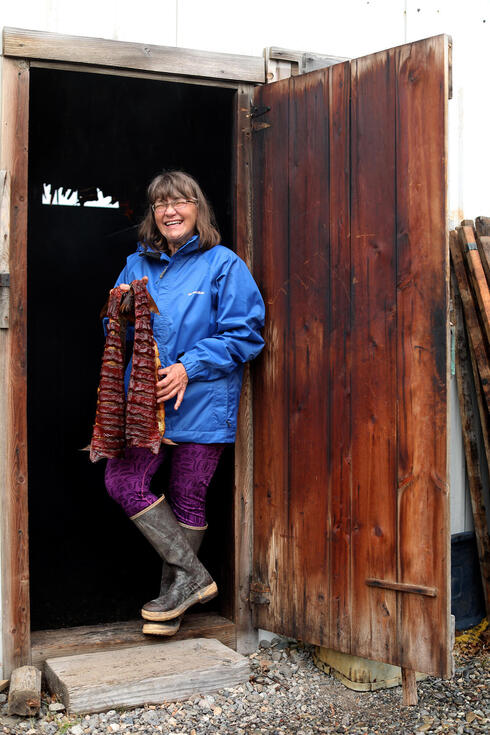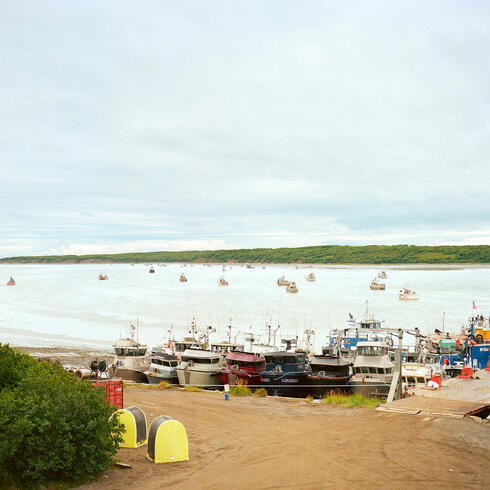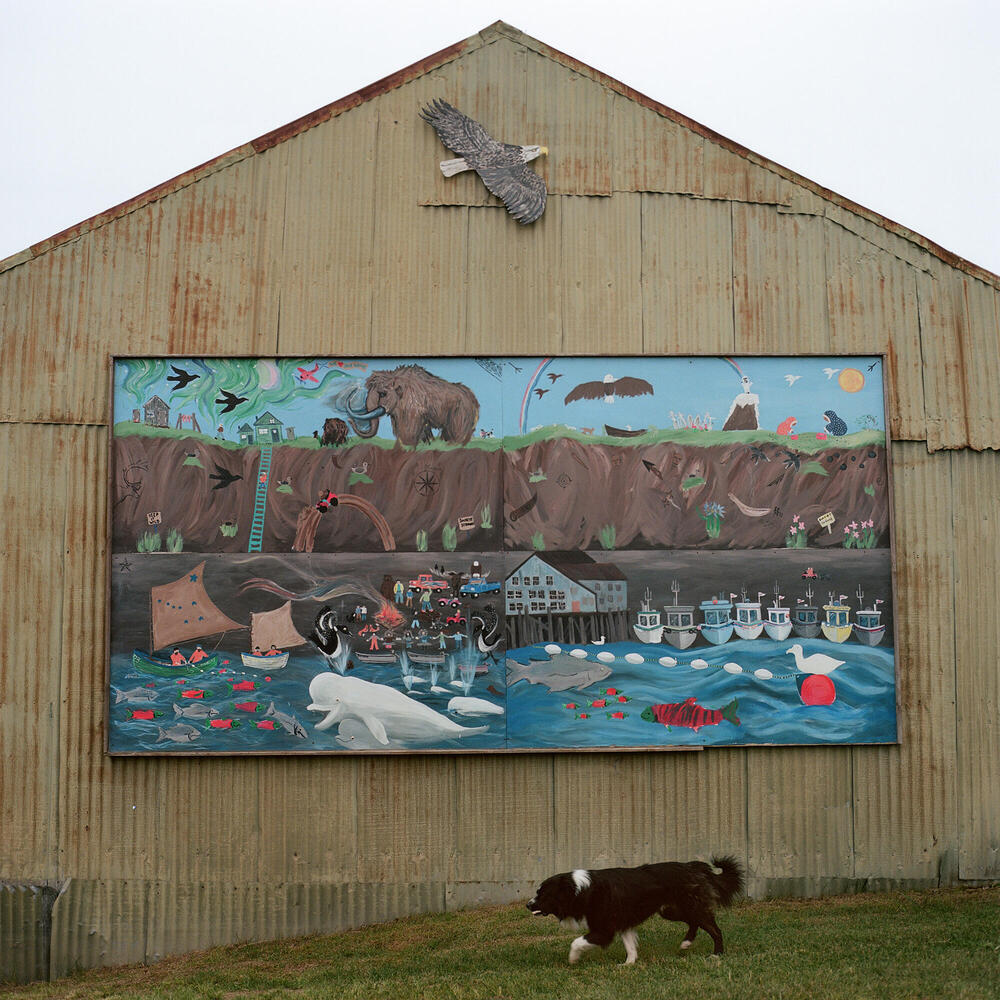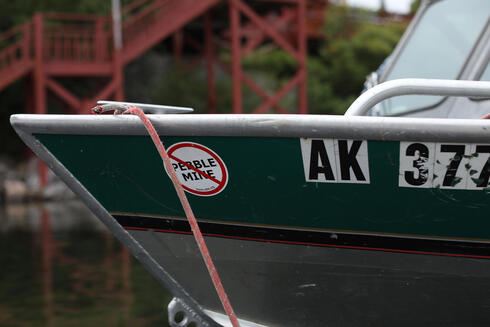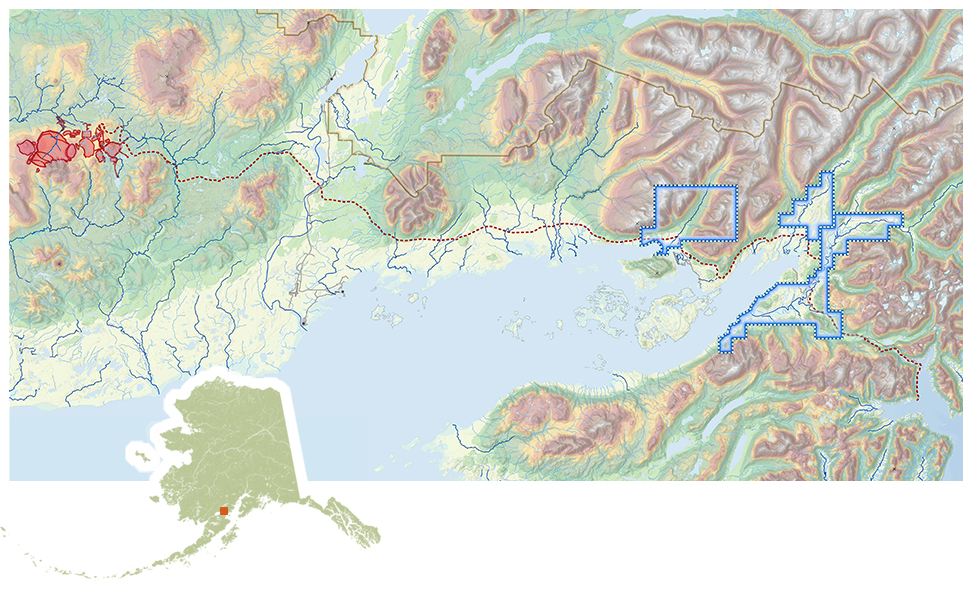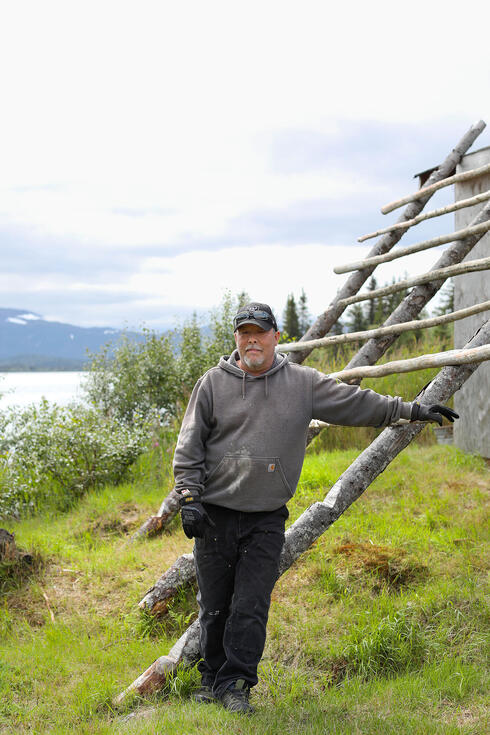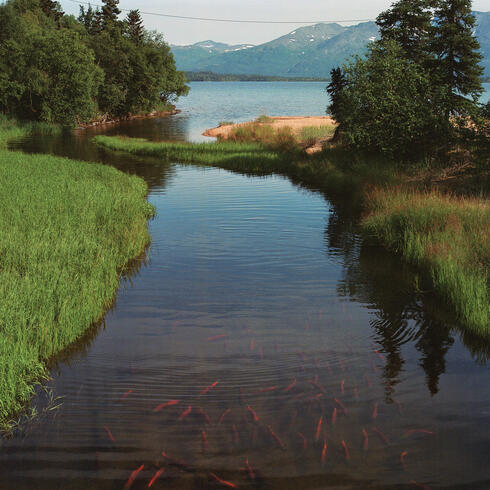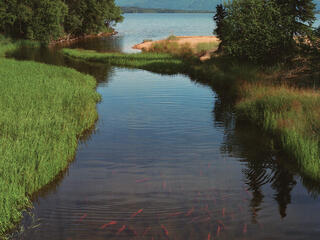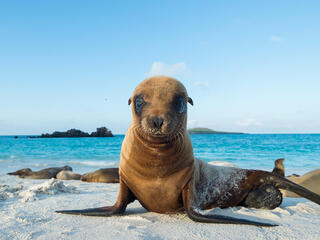So the corporation decided to offer up conservation easements on 44,000 acres of its land to The Conservation Fund, an environmental nonprofit, for $20 million. In other words, they gave away their development rights to that land in exchange for conserving it, even as the land itself remains in the hands of the corporation. The arrangement provides financial security to the Pedro Bay Corporation and its shareholders, and at the same time achieves a great conservation victory: blocking the road Pebble Mine would need.
The success of this Pedro Bay project reinforces the importance of partnerships in this region. WWF, The Conservation Fund’s partner in the project, helped raise a portion of the last $5 million needed through the Bristol Bay Victory Challenge (coordinated by the Alaska Venture Fund with 12 partners, including WWF). Other long-term goals of this five-year, $50 million effort include passing state and federal legislation to permanently protect Bristol Bay and to increase funding for Indigenous communities here.
“We are committed to protecting the terms of that conservation easement in perpetuity,” says McDaniel.
Entering an agreement like this forever isn’t easy, admits Keith Jensen, president of the Pedro Bay Village Council and one of this area’s few year-round residents. “But if it will help us to preserve our way of life and protect the salmon fisheries for my grandchildren and my grandchildren’s children, that’s a good trade-off.”
“The Bristol Bay Victory Challenge is a simple and elegant solution to a complex and long-standing problem,” says Diane Moxness, a WWF National Council member, longtime donor, and one of the challenge’s generous supporters. “In supporting the Challenge, it’s my hope that we can, once and for all, put an end to Pebble Mine and permanently protect the Bristol Bay watershed and its fisheries, while also creating sustainable economic opportunities for local communities.”
